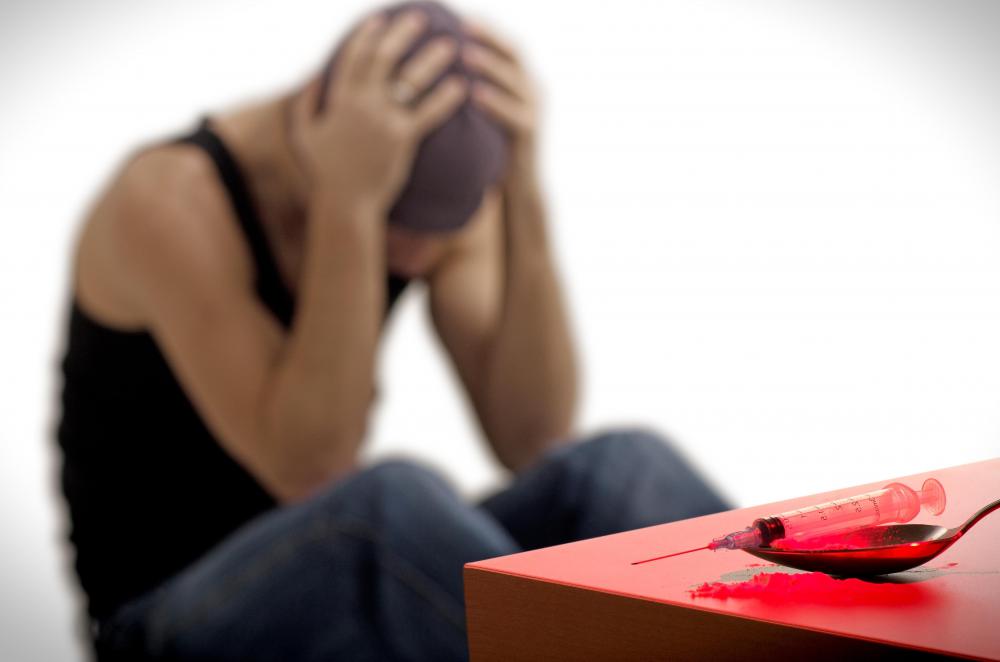At TheHealthBoard, we're committed to delivering accurate, trustworthy information. Our expert-authored content is rigorously fact-checked and sourced from credible authorities. Discover how we uphold the highest standards in providing you with reliable knowledge.
What Is the Recovery Model?
The recovery model is an approach to mental health that encourages those with mental health or addiction issues to recover through the utilization of peer support. Often used in conjunction with one-on-one psychotherapy, the recovery model has been shown to be an effective way of combating mental illness and substance abuse problems. The most visible example of the recovery model is a twelve-step program like Alcoholics Anonymous (AA), which supports an individual's recovery as both a personal voyage of healing and a group-bolstered effort of peer-based encouragement.
At the root of the recovery model is the idea that an individual has the final word in his or her own treatment. The recovery model operates on the notion that most patients possess the power and control to make decisions about their mental and emotional well-being. With the support of a therapeutic community, a patient is allowed to heal on his or her own terms and have a say in his or her course of treatment.

Though the term "recovery" has been around for centuries, the recovery model itself became popular in the 1980s. Frustration with the mental health and substance abuse establishments led many individuals to seek out alternative methods of treatment. They found that the best results were to be achieved through communing with like-minded individuals, and, as a result, more and more people flocked to twelve-step and other peer-based support groups.

While groups like AA are at the forefront of popular notions about the recovery model, there are different types of groups and therapeutic approaches that are involved in the model as a whole. In clinical psychology settings, stress is often placed on the symptoms of an illness or issue and how those symptoms can be dealt with and improved as a means of healing. On the other hand, peer support groups place less emphasis on the individual and more on the group in an attempt to illuminate the commonality of symptoms and how they can be overcome.

There are a variety of opinions on the efficacy of the recovery model. Some feel that it is inherently faulty, and recovery can only be accomplished when a definitive, quintessential cure is recognized and employed. Others feel that true recovery is only achieved through personal will power, and peer support groups are a waste of time and energy. Still others feel their lives have been saved by the recovery model, having found serenity, purpose, and hope in the support of those who have traveled the same paths.
AS FEATURED ON:
AS FEATURED ON:















Discuss this Article
Post your comments